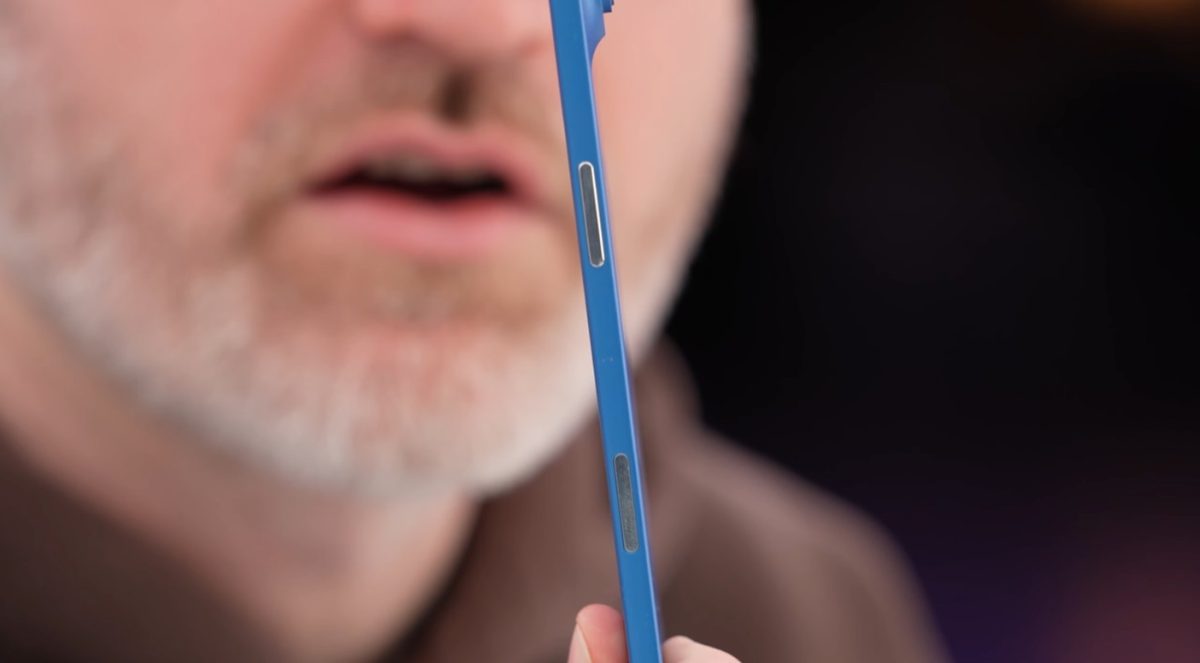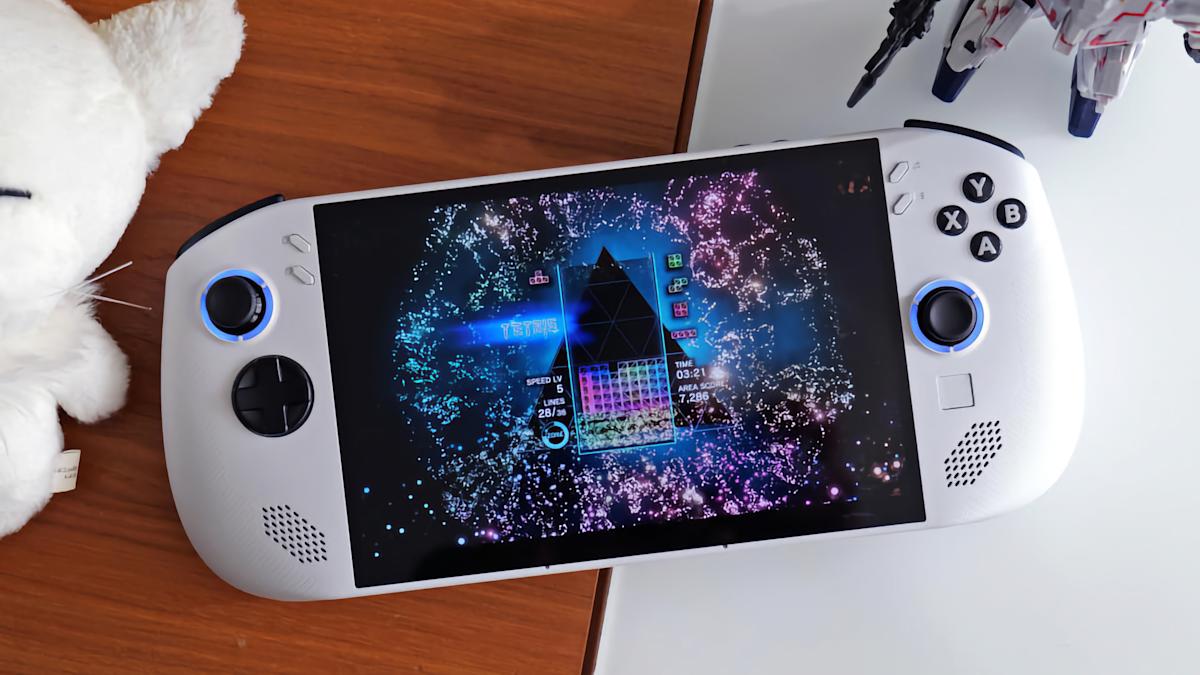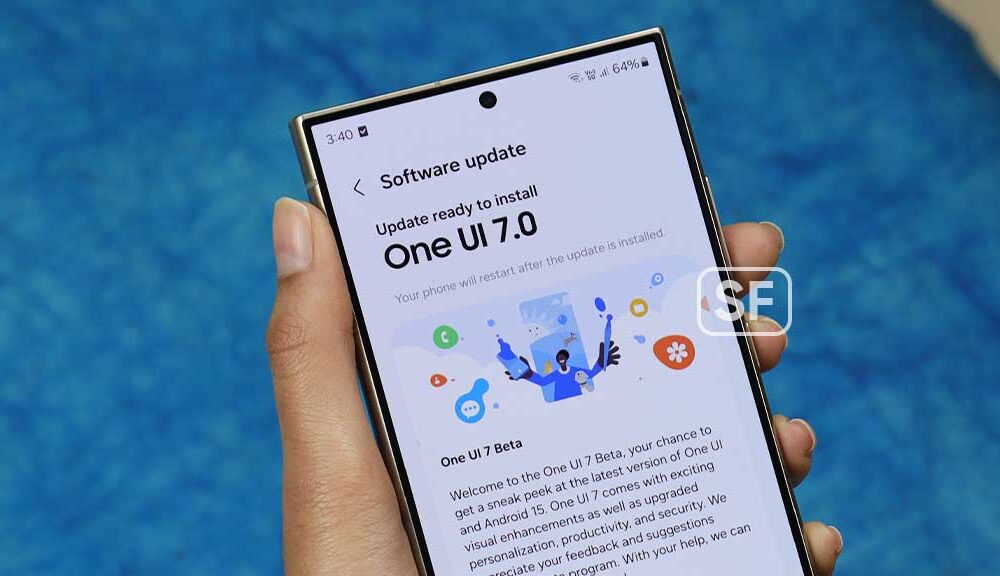Safety Shift: Google Nest Exits Smoke Detector Market, Forges Strategic Alliance with First Alert
Technology
2025-03-28 18:13:00Content

Google is making significant changes to its smart home safety lineup, with Nest discontinuing its popular Protect smart smoke and carbon monoxide detector. In a strategic shift, First Alert is stepping in to fill the void, bringing its advanced safety technology directly to the Google Home app ecosystem.
The move signals a notable transition in the smart home safety market, as Google seeks to expand its partnerships and provide users with comprehensive home protection solutions. First Alert, a long-standing leader in home safety devices, will now offer seamless integration with Google's smart home platform, giving users more options for monitoring and protecting their living spaces.
While the Nest Protect line is being phased out, existing users can continue to use their current devices. The integration of First Alert's detectors into the Google Home app represents a commitment to maintaining robust safety features for smart home enthusiasts.
This development underscores Google's ongoing strategy of collaborating with established brands to enhance its smart home ecosystem, ensuring that users have access to reliable and innovative safety technologies.
Smart Home Revolution: Google's Strategic Shift in Home Safety Technology
In the rapidly evolving landscape of smart home technology, major players are constantly recalibrating their strategies to stay ahead of consumer demands and technological innovations. The recent developments in home safety devices signal a significant transformation that could reshape how homeowners approach security and environmental monitoring.Transforming Home Safety: Where Innovation Meets Protection
The Changing Ecosystem of Smart Home Devices
The smart home technology sector is experiencing a profound metamorphosis, with companies like Google continuously reimagining their product portfolios. The discontinuation of the Nest Protect smart smoke detector line represents more than just a product change—it symbolizes a strategic realignment in home safety technology. Manufacturers are increasingly recognizing that integration, user experience, and comprehensive ecosystem connectivity are paramount in modern smart home solutions. Consumers today demand more than standalone devices; they seek intelligent systems that communicate seamlessly, provide real-time insights, and offer holistic protection. The shift towards more integrated platforms reflects a broader trend of convergence in home technology, where devices are no longer isolated but part of an interconnected network designed to enhance safety, convenience, and peace of mind.First Alert's Emergence in the Google Home Ecosystem
The integration of First Alert into the Google Home app marks a significant milestone in home safety technology. This partnership represents a strategic collaboration that promises to deliver more comprehensive and user-friendly safety solutions. By leveraging Google's robust ecosystem, First Alert can provide enhanced monitoring capabilities, intelligent alerts, and seamless connectivity that transcends traditional smoke and carbon monoxide detection. The collaboration introduces advanced features such as real-time notifications, remote monitoring, and potential machine learning algorithms that can predict and prevent potential safety risks. Homeowners can now expect a more proactive approach to home safety, where technology acts not just as a warning system but as an intelligent guardian.Technological Evolution in Home Safety
The transition from Nest Protect to First Alert underscores the rapid technological evolution in home safety devices. Modern detectors are no longer simple alarm mechanisms but sophisticated sensors equipped with advanced capabilities. These next-generation devices can distinguish between different types of potential hazards, provide precise location-based alerts, and integrate with broader smart home security systems. Machine learning and artificial intelligence are increasingly being incorporated into these devices, enabling more nuanced and intelligent risk assessment. For instance, advanced algorithms can now differentiate between cooking-related smoke and potentially dangerous fire scenarios, reducing false alarms and providing more contextual information to homeowners.Consumer Implications and Market Dynamics
This strategic shift has profound implications for consumers and the broader smart home technology market. Users can anticipate more integrated, intelligent, and responsive safety solutions that offer greater peace of mind. The partnership between First Alert and Google suggests a future where home safety is not just about detection but about comprehensive risk management and prevention. The move also highlights the competitive dynamics in the smart home technology sector, where continuous innovation and ecosystem integration are critical for maintaining market relevance. Companies must constantly evolve, adapting to changing consumer preferences and technological capabilities to remain competitive.Future Outlook and Technological Potential
As smart home technologies continue to advance, we can expect even more sophisticated safety solutions. Future devices might incorporate predictive maintenance, advanced sensor technologies, and even more seamless integration with broader home management systems. The boundaries between safety, convenience, and intelligent automation are becoming increasingly blurred. The collaboration between First Alert and Google represents just the beginning of a more comprehensive approach to home safety—one that promises to make our living spaces not just safer, but smarter and more responsive to our needs.RELATED NEWS
Technology

GTA 6 Trailer Secrets: 5 Mind-Blowing Easter Eggs You Definitely Overlooked
2025-05-06 18:33:44
Technology

AI Breakthrough: Google's DeepMind Conquers Classic Video Game, Pichai Hails Technological Milestone
2025-05-04 15:26:00






